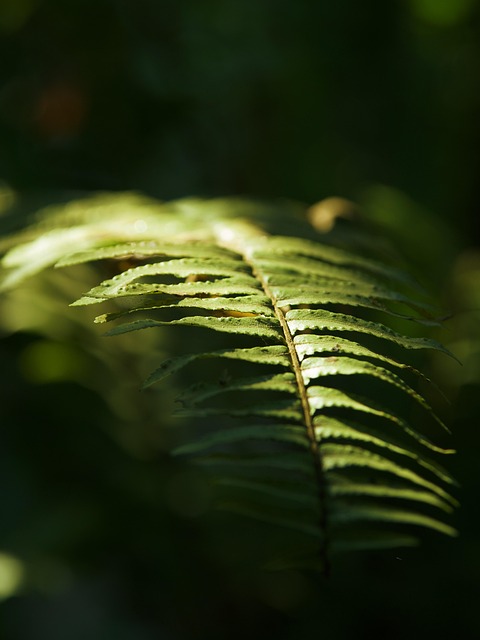In a competitive real estate market, strategic land value maximization is key for developers and owners. One often-neglected tool, organic mulch, offers significant advantages. It enhances soil health, retains moisture, suppresses weeds, and moderates temperature extremes, fostering lush gardens that boost curb appeal and property values. This cost-effective strategy saves time and money on maintenance while appealing to gardeners, homeowners, and real estate professionals alike, making it a practical choice for Real Estate success.
In the realm of real estate, maximizing land value through strategic landscaping is paramount. This article explores two powerful tools: mulch and drip irrigation systems. Discover how organic mulch enhances soil health and boosts property aesthetics, while drip irrigation ensures efficient water management, promoting sustainable landscapes. By integrating these techniques, real estate professionals can significantly enhance property appeal and long-term value, making them essential considerations in today’s market.
Maximizing Land Value: The Role of Mulch in Real Estate

In the realm of real estate, maximizing land value is a key consideration for property owners and developers. One effective strategy that often gets overlooked is the strategic use of mulch. Mulch doesn’t just enhance the aesthetic appeal of landscapes; it plays a significant role in soil health, which directly impacts property values. By retaining moisture, suppressing weeds, and moderating temperature extremes, mulch contributes to a lush, vibrant garden—a desirable feature for any property.
In terms of real estate, these benefits translate into increased curb appeal and potentially higher property values. A well-maintained landscape with rich, healthy soil thanks to mulch can make a property stand out in a competitive market. Moreover, by reducing the need for frequent watering and weed control, mulch saves homeowners and developers time and money, making it a practical and cost-effective choice that can drive real estate success.
– Benefits of mulch for property aesthetics and value

Mulch is a valuable asset for any homeowner looking to enhance their property’s curb appeal and value. Not only does it provide an aesthetically pleasing, natural look, but it also offers practical benefits. By covering the soil surface, mulch acts as a protective barrier, reducing weeds’ growth and preventing excessive water evaporation from the soil. This results in fewer water requirements, a significant advantage for those aiming to save on their water bills and maintain a more sustainable garden.
In real estate terms, a well-maintained landscape is often a selling point for properties. Mulch can transform a garden from ordinary to extraordinary, creating a welcoming and visually appealing environment. It adds a pop of color and texture, highlighting the overall beauty of the space. Moreover, it contributes to the long-term health of plants by regulating soil temperature, ensuring roots stay cool during hot summers and protected from freezing in winters. These benefits collectively contribute to a home’s overall value, making mulch an excellent investment for any property owner.
– How organic mulch improves soil health over time

Organic mulch, a natural insulator, plays a pivotal role in enhancing soil health, which is music to every gardener and homeowner’s ears, especially those in the Real Estate sector. As it breaks down over time, organic mulch enriches the soil with essential nutrients, promoting the growth of beneficial microorganisms. This process improves soil structure, making it loamier and more supportive of plant life. By retaining moisture, it also reduces evaporation, ensuring plants receive a steady supply of water—a significant benefit in drought-prone areas.
Over months, organic mulch acts as a protective layer, shielding the soil from extreme temperatures and preventing weed growth. This not only maintains the aesthetics of landscapes but also saves homeowners time and effort in weeding. Moreover, by improving soil fertility, it encourages robust plant development, which can significantly enhance the curb appeal and value of properties in the Real Estate market.






